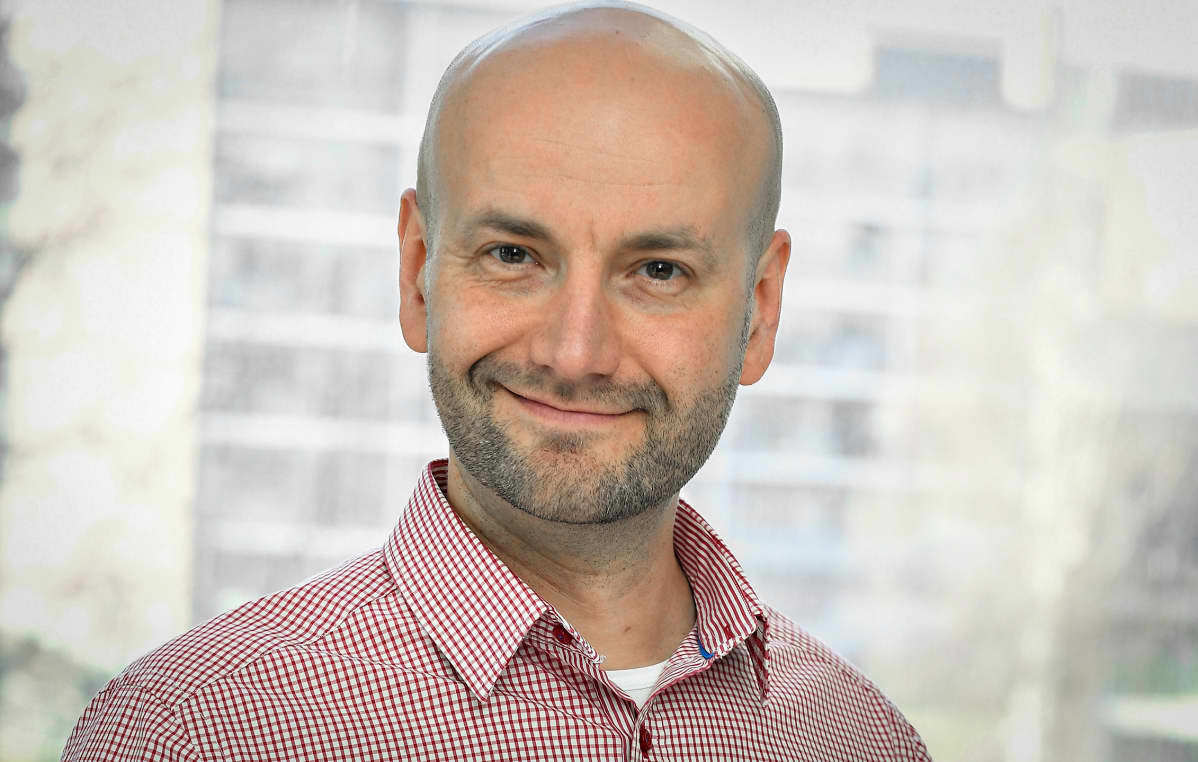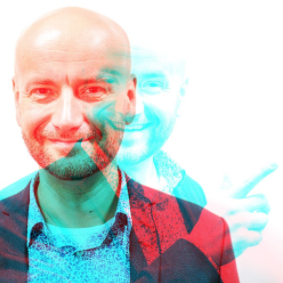

Newsrooms have a mission to serve as watchdogs over power. Social media platforms are increasingly affecting what people think about political issues and their environment.
The personalised feeds of social media therefore wield power in society.
How can a watchdog of power shine a light power in society when the power shifts to algorithms driven by artificial intelligence?
A few years ago, when the yellow vests were protesting somewhat aggressively in Europe, an editor-in-chief of one EBU country wryly passed on an interesting thought to me: Who should be interviewed and who should we demand answers from if cars are set on fire in a city centre in a demonstration organised by a network operating on social media? Who is the person in charge of the movement who journalists should interview?
In a traditional world, strikes and demonstrations always have official leaders and responsible persons - a chairperson or someone like that. They are interviewed by journalists who ask them tough questions.
In a networked world, popular movements taking the form of a network will be emerging at a growing pace. Examples include both Black Lives Matter and the activity that emerged in social media bubbles that ended with the occupation of the US Congress (Donald Trump could not have built the social media activity from zero by himself, but existing turmoil can be boosted, as we learned from the Cambridge Analytica scandal in the US elections of 2016.)
The algorithms used by Facebook, YouTube, TikTok, and others are business secrets. However, they decide what all of us get to see. And they influence how we think. It could be said, with some exaggeration, that societal influence has become a business secret.
Targeting on social media makes it possible to use the same playbook to sell everything from running shoes to thoughts about society. Therefore, we news journalists need new kinds of tools for following what is happening on different kinds of platforms.
We journalists are needed more than ever in this confused and chaotic world. However, at the same time we need new tools and a new mindset for our thinking. If we are watchdogs over power, we must know where the power is and after that, we need to be capable of shining a light on that power.
This is what we have been doing since the 19th century.
The writer is the director of Yle News Lab of the Finnish Broadcasting Company. In 2018 he worked in Washington DC at the Woodrow Wilson Center think tank studying the power of social media platforms. He feels that journalism is still one of the coolest professions in the world.
- Read the original blog post in French here.
